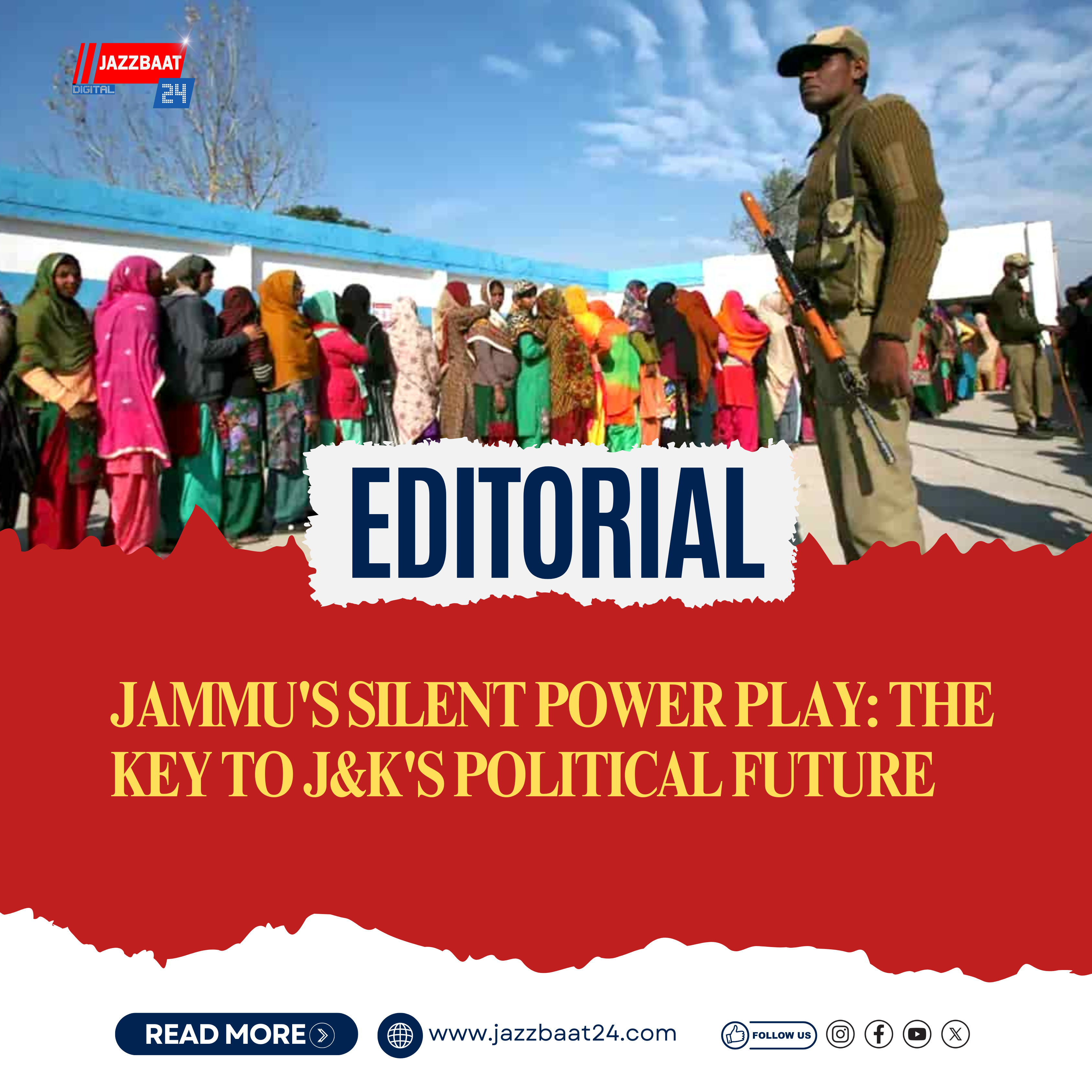Jammu's Silent Power Play: The Key to J&K's Political Future
In the upcoming Jammu and Kashmir Assembly elections, all eyes seem to be on Kashmir, leaving Jammu in the shadows. This focus on the Valley, while politically understandable, is short-sighted. Jammu, with its distinct demographics and political aspirations, holds a critical role in determining the future of governance in J&K.
Historically, Kashmir has been the epicenter of J&K politics, but ignoring Jammu’s influence can no longer be justified. Jammu has a voice that needs to be amplified. With a strong Hindu-majority population and growing concerns about development, security, and political representation, Jammu is primed to be a decisive player in these elections. The region has been vocal about feeling sidelined by the government, and this election provides an opportunity to address those grievances.
One key factor that makes Jammu a game-changer is its diverse voting bloc. It is home to not just Hindus but also a significant number of Muslims, Sikhs, and other minorities, all of whom have distinct political preferences. Ignoring this diversity could be a fatal mistake for political parties. A comprehensive approach, which includes Jammu’s development concerns and cultural identity, will be essential for any party aiming to secure a stable majority in the assembly.
Additionally, Jammu’s aspirations go beyond religious or ethnic identities. Developmental delays, unemployment, and infrastructure gaps remain significant challenges. Whoever wins the trust of Jammu's electorate will have to ensure that they prioritize long-overdue regional development. A mere focus on Kashmir will no longer suffice to form a balanced, equitable governance structure in J&K.
Kashmir may dominate headlines, but the real key to unlocking Jammu and Kashmir’s political future lies in how well the political stakeholders engage with Jammu. The region’s influence on the final outcome of the elections should not be underestimated. Politicians need to recognize this silent yet potent force—Jammu may very well hold the reins to the next government in J&K. Ignoring it will come at a high cost.
In this political equation, Jammu demands attention and respect, and the upcoming elections are an opportunity for change.





